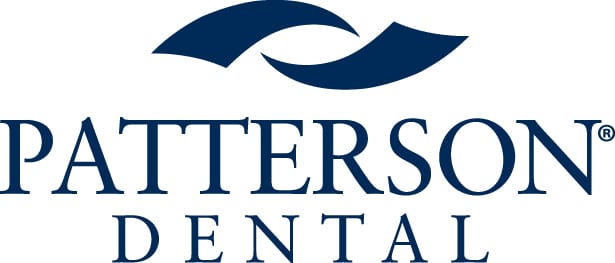As dental professionals, you dedicate your lives to ensuring the oral health and well-being of your patients. However, amidst the rigors of running a successful practice, it’s essential not to overlook the importance of sound financial planning.
Unfortunately, many dentists fall into common traps that can hinder their long-term financial success.
Common Mistakes Dentists Make with Financial Planning
On almost a daily basis, here are the three most common missteps we see with our dental clients:
1. Inadequate Retirement Planning
One of the most common mistakes dentists make is underestimating the importance of retirement planning. It’s easy to get caught up in the day-to-day demands of running a practice and neglect to plan for the future. Without a robust retirement strategy in place, dentists risk not being able to maintain their desired standard of living in retirement.
Furthermore, the values of practices are fluctuating more than ever with the rise of DSO capital. The traditional approach of working for thirty years and then selling to an associate is still around but becoming unquestionably becoming more rare. When dentists fail to plan, their plan often fails. Build a comprehensive plan that covers all aspects of your life and that requires more than just periodically contributing to an investment account.
2. Failure to Protect Against Liability
Dentists are exposed to various liabilities in their profession, ranging from malpractice claims to workplace injuries.
Failing to adequately protect against these liabilities can have devastating financial consequences. Unfortunately, many dentists overlook the importance of liability insurance or underestimate their coverage needs.
To mitigate this risk, dentists should invest in comprehensive liability insurance policies that provide adequate protection against potential lawsuits or claims.
Additionally, implementing robust risk management protocols within the practice can help minimize the likelihood of incidents occurring in the first place.
3. Lack of Tax Planning Strategies
Taxes can represent a significant expense for dental practices, yet many dentists often get told in March what they should have done last November.
Without proper planning, dentists may miss out on valuable tax deductions and credits, ultimately paying more than necessary to Uncle Sam.
To optimize tax efficiency, dentists should work closely with tax professionals who specialize in serving healthcare professionals. These experts can help dentists identify tax-saving opportunities, such as maximizing retirement contributions, taking advantage of available deductions, and structuring the practice in a tax-efficient manner.
In Conclusion
By addressing these three common areas of financial oversight, dentists can position themselves for long-term success and security.
Remember, proactive financial planning is essential for achieving your personal and professional goals. Reaching these goals can often feel overwhelming but, by surrounding yourself with the right team, the complicated can become quite profitable.
If you feel like it is time for a second opinion on your plan, or maybe you are just getting started, reach out to us at curatoadvisory.com or todd@curatoadvisory.com
Keep Reading: Dentist Disability Insurance


